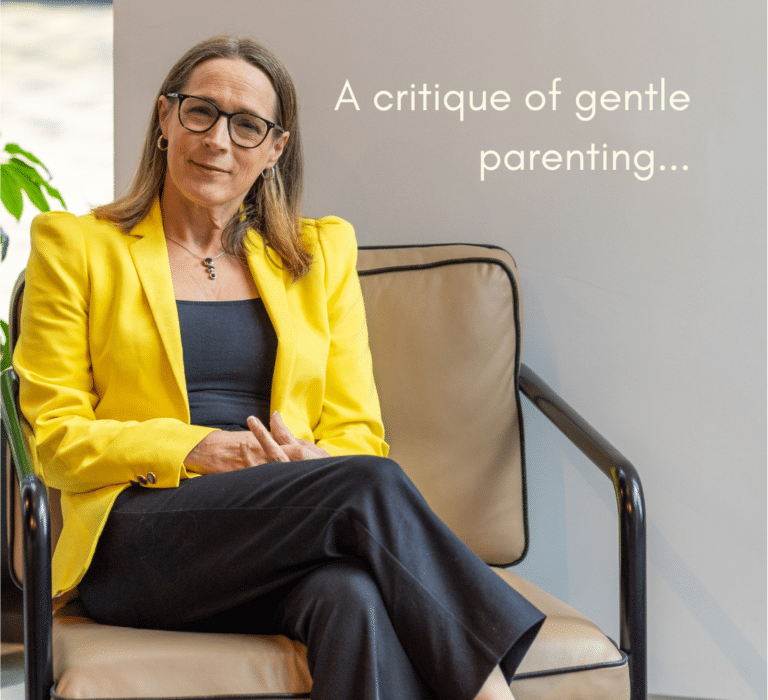Working parent guilt: use it or lose it
Most working parents feel like we are running just to stand still. We want to be good parents. We want to get parenting ‘right’. But we have limited time, limited energy and too much to do. And we often end up feeling guilty – or like we aren’t succeeding in being the parents we want to be. That’s working parent guilt.
Often, we feel like we should be giving our children more attention, spending more time with them, helping them more with their homework or being around more to pick them up or drop them off or just being more available. But there’s no time or space for fitting in any more – so we are left feeling guilty.
This cult of doing more is doing nobody any good. Not us, not our children. We can’t keep working more and parenting more, something has got to give.
Sometimes, working parent guilt is helpful. It reminds us that we need to reprioritise or that a shift of focus is needed. But often, working parent guilt just hangs around making us feel bad but not providing any viable solutions. It leads to disappointment, anger and self-blame. Or it warps our parenting out of shape so we end up overreacting or giving in to demands because we feel like we somehow need to make things up to our children.
Which, of course, makes them unhappier and their behaviour more demanding in the long run (see Why consistency really matters).
If working parent guilt is getting you down and you are feeling like a rubbish parent, it’s best to face up to it and ask some difficult questions. To hold that guilt up to the light and examine its true character.
What’s triggering your working parent guilt?
Identify your guilt triggers. Keep a diary, if it helps. Notice if your guilt is triggered by:
- Thoughts – e.g. “My son would be doing better at school if I was around to help him more.”
- Events – e.g. a school play or a missed parents’ meeting
- Your child’s behaviour – e.g. tantrums, clinginess, non-cooperation
- Your behaviour – e.g. impatience, snapping, shouting, not paying attention
Note down when your working parent guilt happens and what triggers it. See if you can identify any patterns.
Examine the beliefs beneath the triggers
Underneath those triggers, there are beliefs – about you, about your child, and about parenting. So hold those triggers up to the light and see what’s underlying them. These might be deeply held beliefs. And, sometimes, they’re not pretty, so be honest.
For example, is there a belief under there that your son’s success at school is a reflection of your success as a parent? Do you believe the parents who do every pick up and drop off are better parents just for always being there? Are you wanting to make up for something you didn’t have as a child?
These beliefs hold real power over us but like to remain unseen. Holding them up to the light and scrutinising them can loosen their hold over us.
If it is behaviour that is triggering your guilt, then you need to have a think about that. Is it a question of unrealistic expectations or is there a problem that needs fixing? Are you holding yourself to an impossible parenting standard – e.g. believing that good parents should have infinite patience? (If so, please read The secret of calm parenting is not patience!). Or are you losing your temper due to stress? (In which case, you need to do something to proactively manage your stress).
Perhaps you are expecting too much from your child? Children learn through practice and making mistakes and it is natural for them to push back against boundaries. Or is it a case of you using ineffective or inconsistent discipline strategies? (In which case, please sign up for our online parenting course and treat yourself to a whole heap of new positive parenting strategies!).
Scrutinise the triggers for your working parent guilt and, if it is unjustified, lose it.
Or, if it’s a sign that something actually needs adjusting, use it.
Define good parenting
Going forward, it’s a good idea to take control of unhelpful working parent guilt by consciously defining what’s important to you and what you think makes a good parent. Think big principles, not details. Write these down and put them in order of importance – or divide them into Absolute Must Do’s vs. Nice to Haves When Possible.
If there is anything on the Must Do list that you are not currently doing then – assuming you have been rigorously honest and are not setting the bar impossibly high – you might want to take action and reprioritise. But, otherwise, you’re doing great so tell that working parent guilt where it can get off.
The Nice to Haves? Have a quick glance at that list. Have you managed each one of those at least once in the last year? Great. You can lose that list in a drawer somewhere 🙂
Working mums – you’ll find some extra ideas on how to manage working parent guilt in our free video ‘How to banish working mum guilt‘.






